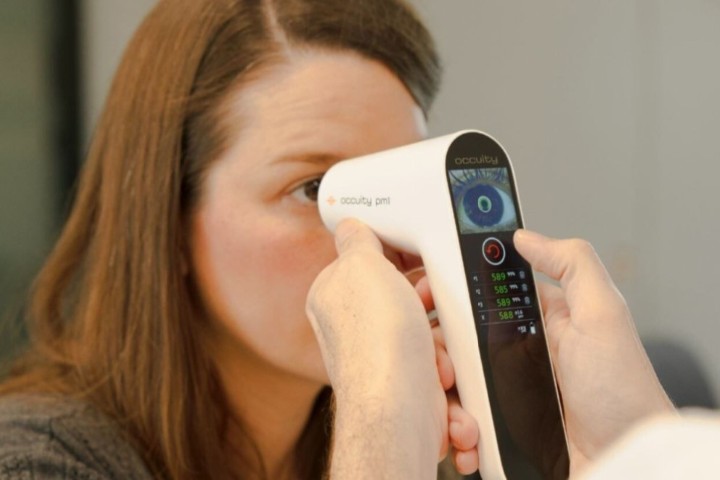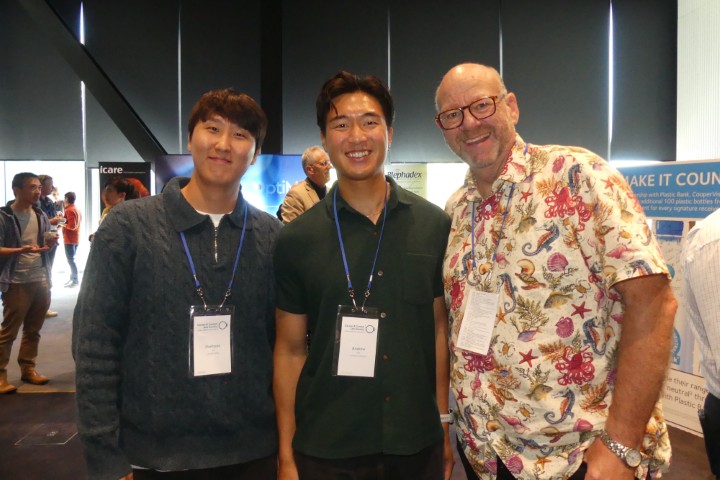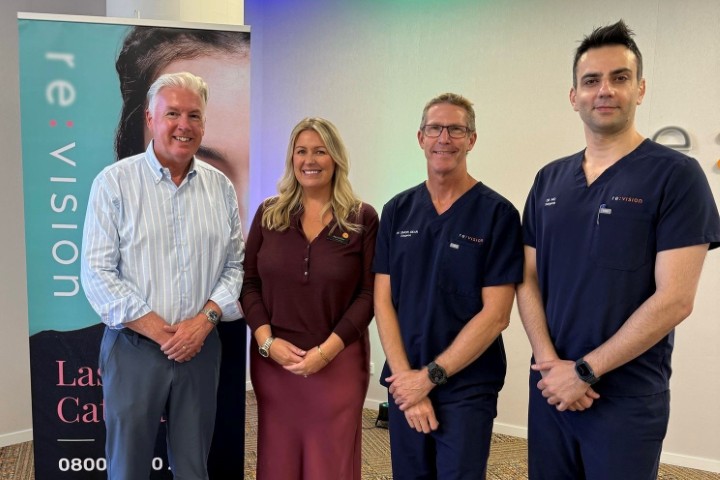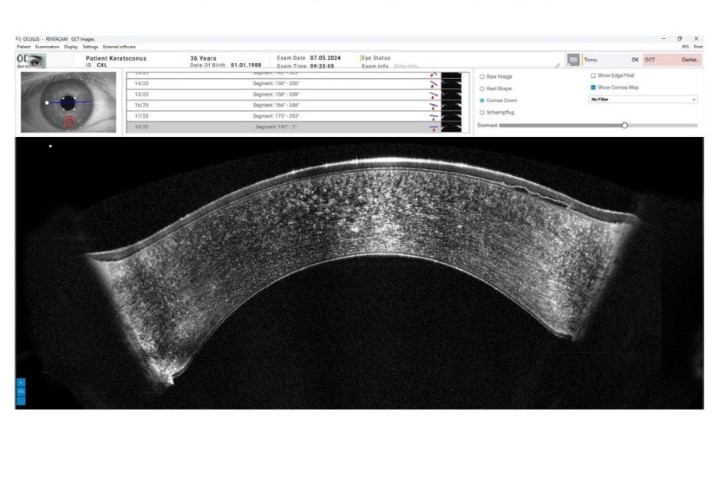Targeted therapy for eye cancer?
Light-activated AU-011 has the potential to be the first targeted therapy for the primary treatment of ocular melanoma, said Clinical Assistant Professor Amy Schefler from New York’s Weill Cornell Medicine, at the 36th American Society of Retina Specialists meeting in Vancouver, Canada.
Dr Schefler presented data from an open-label phase 1b/2 study, designed to evaluate the safety and efficacy of single and multiple ascending doses in 30 adult subjects with clinically diagnosed small to medium primary choroidal melanoma. Early efficacy results continue to be promising, with several subjects in the multiple-ascending-dose cohorts showing evidence of reduction in tumour height and 100% of patients meeting the endpoint of stable disease at three months, she said.
No targeted therapies are available at present and current radiotherapy treatments can be associated with severe visual loss and other long-term sequelae such as dry eye, glaucoma, cataracts and radiation retinopathy, said Dr Schefler, who is an investigator for Aura Biosciences, which developed the new treatment. “All current treatment options for patients with this cancer result in significant vision loss from radiation-related side effects. A treatment that is office-based, minimally invasive, and has a low risk of side effects would be a dramatic improvement in the therapeutic landscape for this deadly disease.”
The data showed that AU-011 continues to be well-tolerated with no related serious adverse events, no severe adverse events and no dose-limiting toxicities observed. Adverse events were manageable with standard-of-care treatments and there have been no long-term clinical sequelae. Pre-treatment visual acuity was maintained in all subjects that have been followed for 6 to 12 months.
According to Aura, AU-011 therapy consists of patented viral capsid conjugates (VCC) with IR-700DX dye molecules that are activated with an ophthalmic laser. The VCCs bind selectively to unique receptors on cancer cells in the eye. On activation with an ophthalmic laser, the drug rapidly and specifically disrupts the cell membrane of tumour cells while sparing key eye structures, which may allow for the potential of preserving patients’ vision and reducing other long-term complications of radiation treatment, it said, adding that AU-011 can be delivered using equipment commonly found in the ophthalmologist’s office and does not require a surgical procedure.
AU-011 has been granted orphan drug and fast track designations by the US Food and Drug Administration and is currently in clinical development.


























